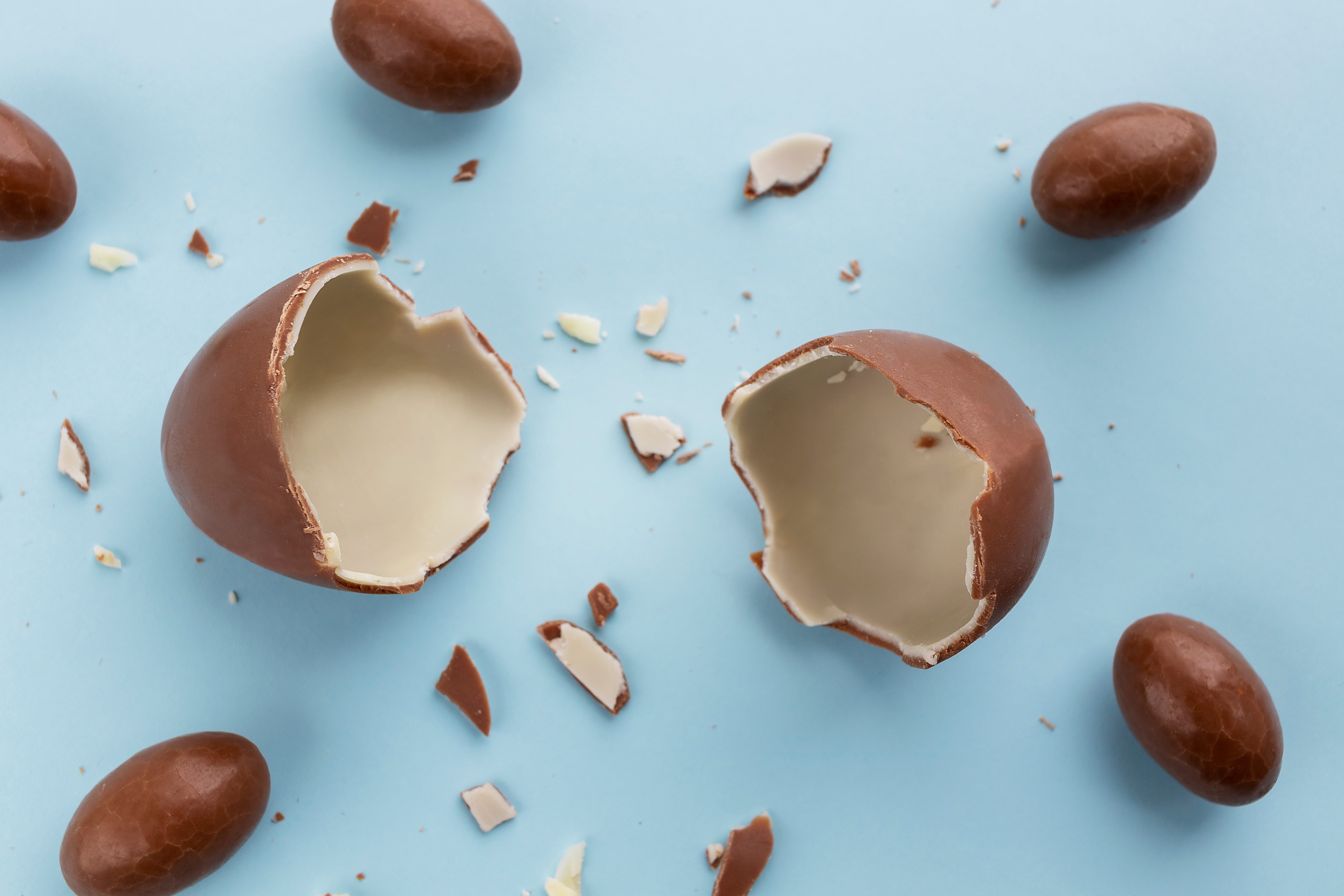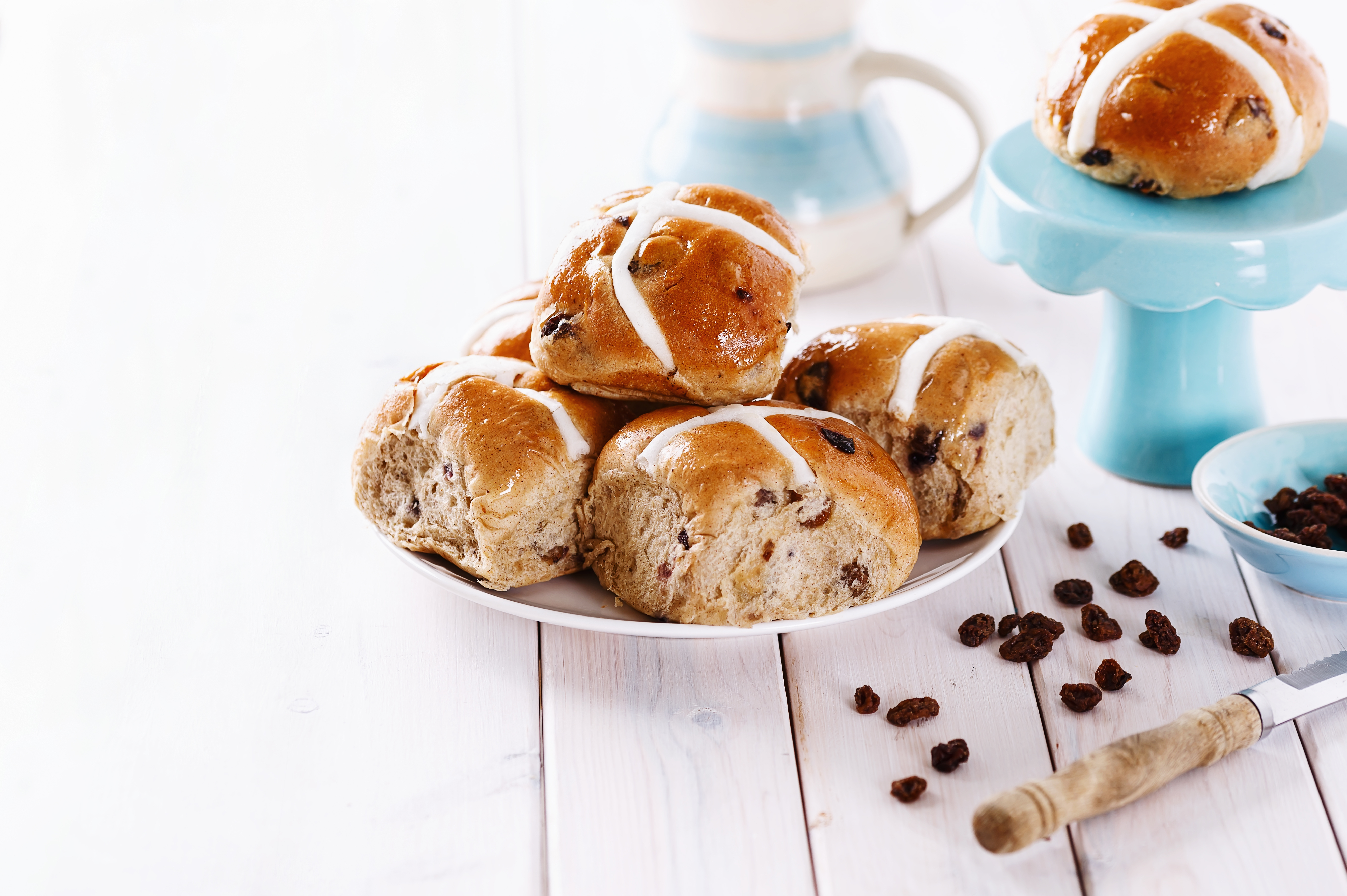What food should you keep away from your pets this Easter?
Food is a massive part of Easter. Whether you are religious and celebrating, or whether you just like getting big chocolate eggs, you will be surrounded by food.
For religious people, Easter is the end of Lent, the time in which they will remember the sacrifice of Jesus. During this time, people may choose to fast as an observance, upon Lent ending at Easter, people will then be allowed to eat again. For non-religious people, Easter is more about the Easter bunny bringing chocolate eggs to your house and is predominantly used as a way of entertaining children. Around 44% of households in the UK will also be homes for pets. With around 32 million pets in the UK, the introduction of more food into the home at Easter may be tempting for pet owners to allow their pets to indulge also. However, there are some incredibly famous Easter foods that should be kept away from your pets at all times, with consequences being potentially fatal.
What are the most common Easter foods?
Whilst it may be obvious, the most common food eaten at Easter is chocolate. This can be in many, many different varieties, but will primarily be in egg form. The tradition of Easter eggs began in the early days of Paganism and Christianity. Believers would refrain from eating eggs during Lent, so would instead decorate and paint the eggs they owned. Eggs were seen as a symbol of the sacrifice Jesus made, so they were commonly painted or dyed red to symbolise the blood of Christ. Chocolate Easter eggs were first produced as recently as the 1800s in France and Germany. John Cadbury, the creator of Cadbury’s Chocolate created the first Easter eggs in the UK in 1875 and the industry has never looked back.
Perhaps the second most well known Easter food is the hot cross bun. A sweet and spiced bread bun that is served hot, the hot cross bun has actually been eaten at Easter for much longer than the Easter egg. In the 12th century, an Anglican monk baked a simple bun before marking a cross on top. The cross was, of course, to signify the crucifixion of Jesus. Hot cross buns are traditionally eaten on Good Friday to commemorate the crucifixion, but in modern times this tradition has gone awry. The hot cross bun is a sweet dough flavoured with spices and packed with raisins or currants. Nowadays you can find hot cross buns with a variety of different fillings from salted caramel, chocolate orange, and strawberry, but they will all feature the classic cross on top. This cross can either be added post bake or can be cut into the top of the bun before going into the oven.
There are many other foods that are traditionally eaten at Easter including a lamb roast, carrot cake, and others from around the world. Other nations celebrate Easter by eating foods such as deviled eggs in the USA, Babka, a chocolate loaf from Poland, and Pascualina, a pie featuring spinach, ricotta, and boiled eggs, which is commonly eaten in Argentina for Easter.
Can dogs eat chocolate?

So can your dog partake in the Easter egg hunting festivities? Unfortunately not. If a dog eats even a small portion of chocolate then it can be incredibly harmful. Chocolate contains Theobromine, a chemical that is found in the cacao plant from which chocolate is made. Dogs are unable to metabolize Theobromine, which can lead to health complications. The toxicity of chocolate will vary on the size of the dog and the type of chocolate they eat. The worst kind of chocolate a dog can eat is dark, high cocoa content chocolate. This is because the level of Theobromine is much higher. White or milk chocolate is not as toxic, but should still be kept away from dogs as they can still become ill.
Can cats eat chocolate?
The exact same things can be said for cats. Chocolate is as toxic for cats as it is for dogs, actually, as cats tend to be smaller and weigh less, it can be even more toxic. Cats are also unable to metabolize Theobromine, so they can actually fall ill if they consume chocolate. As cats are incredibly well versed at sneaking into spaces they shouldn’t be in, you should always ensure that you keep your chocolate either in a cupboard or safely in its packaging. The majority of chocolate eggs will come in a cardboard box and then in plastic packaging inside of the box. A cat may be able to get into the cardboard, but the plastic packaging will be harder for them to penetrate. In order to keep both your pet and your chocolate safe, you should keep your eggs safely packed away.
Can dogs eat hot cross buns?

Dogs should also be kept away from hot cross buns, at least those with chocolate, raisins, or currants in them. Raisins and currants are actually toxic for dogs, much in the same way as chocolate is. There are many fruits that dogs can eat, but grapes, raisins and currants are not allowed. Even if the quantities of the toxic ingredients may be small, you should never give your dog a hot cross bun just in case.
Can cats eat hot cross buns?
Again, there is a pattern here. Cats should also never be given hot cross buns as they too can have bad reactions to the ingredients inside them. Chocolate, raisins, and currants can all be toxic to cats, and again, as cats are smaller and weigh less, the toxicity levels can be higher. Always keep hot cross buns that contain toxic ingredients as far away from your pets as you can, much in the same way as you would your Easter eggs.
What Easter foods can pets eat?
So what can you actually give your pets during Easter that isn’t just the same old food or treats? Thankfully, there are many traditional Easter dishes that your pet can divulge alongside you. As mentioned, lamb is traditionally cooked for Easter. As lamb is a great source of protein, it can be shared with your cats or dogs. Lamb can be quite fatty, and you should ensure you drain off any excess fat before giving it to your pets. Maybe serve up a small dish for your pet to eat whilst you enjoy your meal. The same actually goes for almost all meats you are planning on cooking for your Easter Sunday dinner. You shouldn’t give your pets too much, but a little bit of lean protein will not hurt.
If your pet does consume something that it shouldn’t have this Easter you should keep an eye on any changes in behaviour, or if you believe they have eaten a large quantity, you should contact a vet as soon as possible. To ensure your pet is never compromised, sign up to PocketVet today.